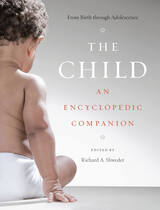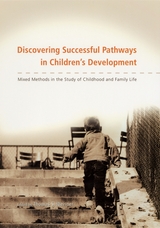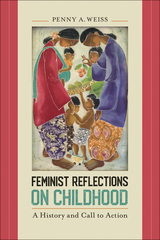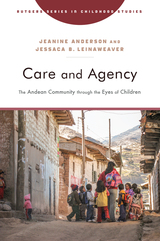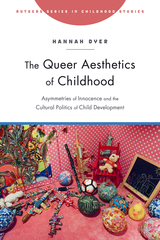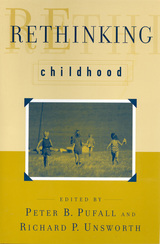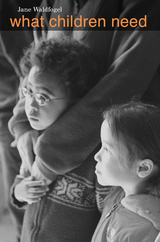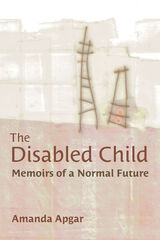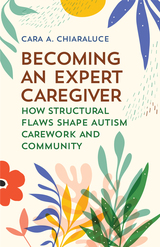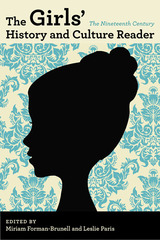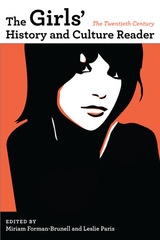Paper: 978-0-674-11619-1
Library of Congress Classification HQ769.R7647
Dewey Decimal Classification 305.23
Anyone who knows children understands the importance of their relationships with one another. But until recently, psychology has offered little to illuminate children's friendships, assuming Instead that development is largely determined by the relationship between parent and child. Now, however, a new psychology of the child's social world has begun to take shape. Zick Rubin's book provides a graceful introduction to this work, written in the clear, nontechnical style that readers have come to expect of the Developing Child series.
Children's Friendships covers such questions as how friendship develops out of the simple play among young toddlers, how the child's conception of friendship changes with increasing cognitive sophistication, how individuals become popular or unpopular and how each affects them, why children form cliques, adopt stereotypes, follow fads, and (almost universally) exclude members of the opposite sex in the years just before puberty. The author's answers to these and other questions may surprise even the most experienced child-watcher.
Whether we like it or not, children learn a great deal—both cognitively and emotionally—from one another. Children's Friendships provides important insight into this kind of learning that all interested adults will find extremely valuable.
See other books on: Child | Child development | Children's Friendships | Developmental | Lloyd, Barbara
See other titles from Harvard University Press


